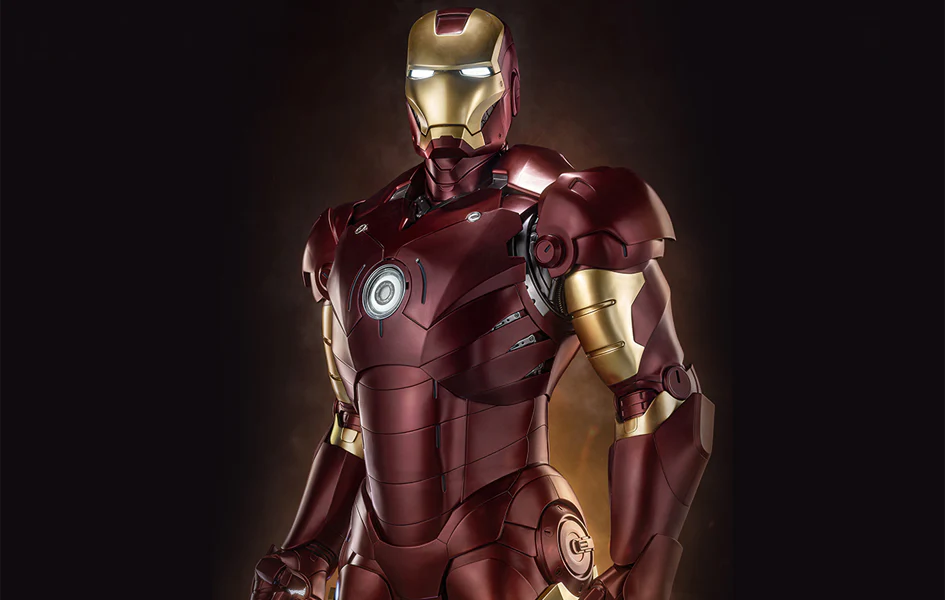Since his debut in 1962, Spider-Man has become one of the most iconic and enduring superheroes in popular culture. Created by Stan Lee and Steve Ditko, the web-slinger has captured the imaginations of millions with his relatable struggles, youthful energy, and unwavering sense of responsibility. From comic books to television shows, video games, and blockbuster films, Spider-Man’s journey from a shy high school student to a beloved superhero is a testament to the character’s universal appeal.
At the heart of Spider-Man’s story is Peter Parker, a brilliant but socially awkward teenager who gains extraordinary powers after being bitten by a radioactive spider. Unlike many superheroes, Peter’s transformation doesn’t immediately lead to a life of glory. Instead, he learns the hard way that “with great power comes great responsibility,” a lesson that defines his journey. This mantra, first spoken by his Uncle Ben, encapsulates the core of Spider-Man’s character: a hero who prioritizes helping others, even at great personal cost.
Spider-Man’s relatability is a key factor in his enduring popularity. Peter Parker is not a billionaire or a god; he’s an ordinary person dealing with everyday challenges like school, work, and relationships. His struggles to balance his dual identity resonate with audiences, making him one of the most human superheroes in the Marvel Universe. Whether he’s worrying about paying rent, studying for exams, or navigating his feelings for Mary Jane Watson or Gwen Stacy, Peter’s life is as complicated as it is heroic.
The character’s transition to the big screen has been nothing short of spectacular. Sam Raimi’s Spider-Man trilogy in the early 2000s, starring Tobey Maguire, brought the web-slinger to life with a mix of heart, humor, and thrilling action. The films captured the essence of Peter Parker’s journey, from his origin story to his battles with iconic villains like Green Goblin, Doctor Octopus, and Venom. Maguire’s portrayal remains beloved by fans, and the trilogy’s impact on superhero cinema is undeniable.
In 2012, The Amazing Spider-Man, starring Andrew Garfield, offered a fresh take on the character, emphasizing his wit and agility. While the series had its highs, it was Tom Holland’s introduction as Spider-Man in the Marvel Cinematic Universe (MCU) that truly revitalized the character. Holland’s portrayal captures Peter’s youthful exuberance and vulnerability, making him a perfect fit for the MCU’s interconnected world. Films like Spider-Man: Homecoming, Far From Home, and No Way Home have explored Peter’s growth as a hero while introducing new dimensions to his story, such as his mentorship under Tony Stark and his battles against villains like Vulture and Mysterio.
Spider-Man: No Way Home (2021) was a landmark moment for the character, bringing together previous iterations of Spider-Man (Maguire and Garfield) with Holland’s version in a multiverse-spanning adventure. The film celebrated Spider-Man’s legacy while pushing the character into uncharted territory, solidifying his place as a cornerstone of the MCU.
Beyond the films, Spider-Man’s influence extends to animation, with Spider-Man: Into the Spider-Verse (2018) earning critical acclaim for its innovative storytelling and stunning visuals. The film introduced audiences to Miles Morales, a new Spider-Man who has since become a fan favorite, further expanding the character’s legacy.
In conclusion, Spider-Man is more than just a superhero; he’s a symbol of hope, resilience, and the power of responsibility. His journey from a comic book icon to a global phenomenon reflects the timeless appeal of a hero who, despite his extraordinary abilities, remains deeply human. Whether swinging through the streets of New York or grappling with the challenges of everyday life, Spider-Man continues to inspire and captivate audiences of all ages. As long as there are stories to tell, the friendly neighborhood Spider-Man will remain a beloved figure in the world of superheroes.




